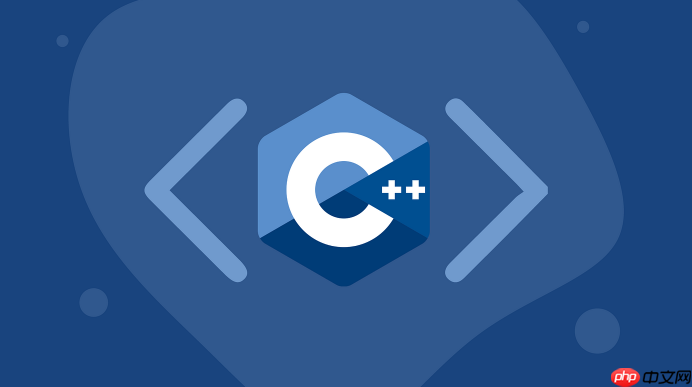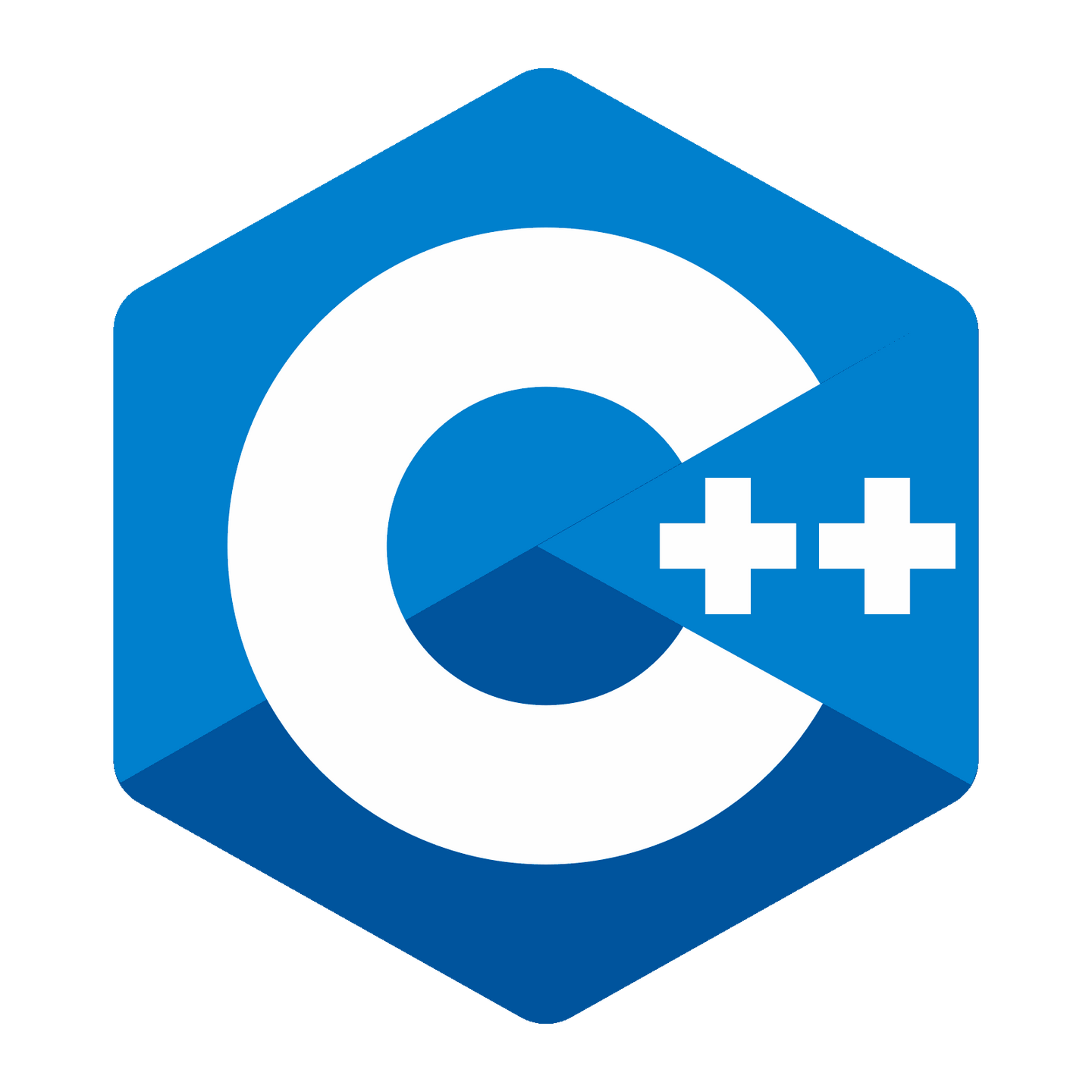使用find和replace可实现单次替换,找到子串后进行替换并返回结果;2. 全局替换需循环查找所有匹配项,每次替换后更新位置避免死循环;3. 可封装通用函数处理边界情况如空串;4. Boost库提供更简洁的replace_all方法,但标准库已能满足多数需求。

在C++中实现字符串替换,最常用的方法是使用标准库中的 std::string 类配合其成员函数 find 和 replace。下面介绍几种实用的字符串替换方式,包括只替换一次和全局替换。
1. 使用 find 和 replace 实现单次替换
通过 find 查找子字符串的位置,若找到则使用 replace 进行替换。
#include#include std::string& replaceOnce(std::string& str, const std::string& from, const std::string& to) { size_t pos = str.find(from); if (pos != std::string::npos) { str.replace(pos, from.length(), to); } return str; }
调用示例:
std::string text = "Hello world!"; replaceOnce(text, "world", "C++"); std::cout << text << std::endl; // 输出: Hello C++!
2. 全局替换:循环查找并替换所有匹配项
要替换字符串中所有匹配的子串,可以在循环中不断查找并替换,直到没有更多匹配。
立即学习“C++免费学习笔记(深入)”;
std::string& replaceAll(std::string& str, const std::string& from, const std::string& to) {
if (from.empty()) return str;
size_t pos = 0;
while ((pos = str.find(from, pos)) != std::string::npos) {
str.replace(pos, from.length(), to);
pos += to.length(); // 跳过已替换部分,防止死循环
}
return str;
}
示例:
std::string text = "apple banana apple"; replaceAll(text, "apple", "orange"); std::cout << text << std::endl; // 输出: orange banana orange
3. 使用算法思路封装成通用函数
可以将上述逻辑封装为一个可复用的函数,避免重复代码。
注意处理边界情况,比如原字符串为空或被替换字符串为空(空字符串可能导致无限循环)。
4. 利用第三方库(如Boost)
如果项目允许使用 Boost 库,可以直接使用 boost::algorithm::replace_all,更加简洁安全。
#includestd::string text = "hello hello hello"; boost::algorithm::replace_all(text, "hello", "hi");
基本上就这些。标准库方法足够应对大多数场景,无需引入外部依赖。关键是理解 find 返回 npos 表示未找到,以及替换后更新搜索位置,避免遗漏或死循环。






























